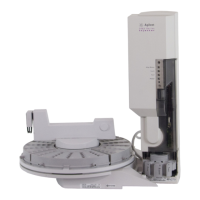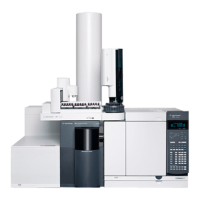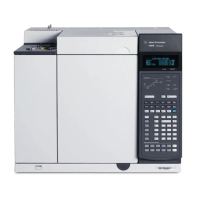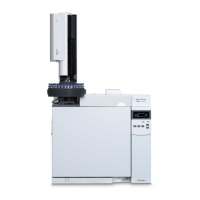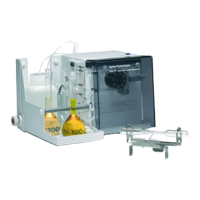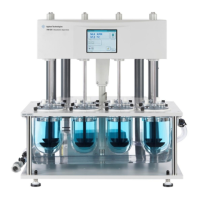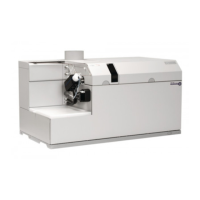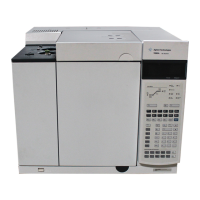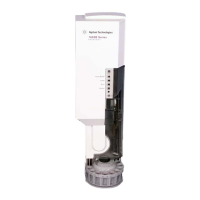256 Agilent 7100 Capillary Electrophoresis System User Manual
10 Appendix
Chemical and Biological Safety
Chemical and Biological Safety
Toxic and hazardous solvents
The handling of solvents and reagents can hold health risks.
• When working with solvents observe appropriate safety procedures (for example,
goggles, safety gloves and protective clothing) as described in the material handling
and safety data sheet supplied by the solvent vendor, especially when using toxic or
hazardous solvents.
Pathogenic, toxic, radioactive samples and genetically modified organisms
If pathogenic, toxic, or radioactive samples are intended to be used in this
instrument, it is the responsibility of the user to ensure that all necessary safety
regulations, guidelines, precautions and practices are adhered to accordingly. This
includes also the handling of genetically modified organisms. Ask your laboratory
safety officer to advise you about the level of containment required for your
application and about proper decontamination or sterilization procedures to follow if
fluids escape from containers.
• Observe all cautionary information printed on the original solution containers prior
to their use.
• Because leaks, spills, or loss of sample may generate aerosols, observe proper
safety precautions.
• Agilent 7100 CE instrument covers have not been designed as bioseals for aerosols
or liquid containment.
• Handle body fluids with care because they can transmit disease. No known test
offers complete assurance that they are free of microorganisms. Some of the most
virulent – Hepatitis (B and C) and HIV (I-V) viruses, atypical mycobacteria, and
certain systemic fungi – further emphasize the need for aerosol protection.
• Always follow local state and federal biohazard handling regulations when
disposing of biohazardous waste material.
• Handle all infectious samples according to good laboratory pocedures and methods
to prevent spread of disease.
• Dispose of all waste solutions and products according to appropriate
environmental, health and safety guidelines.
